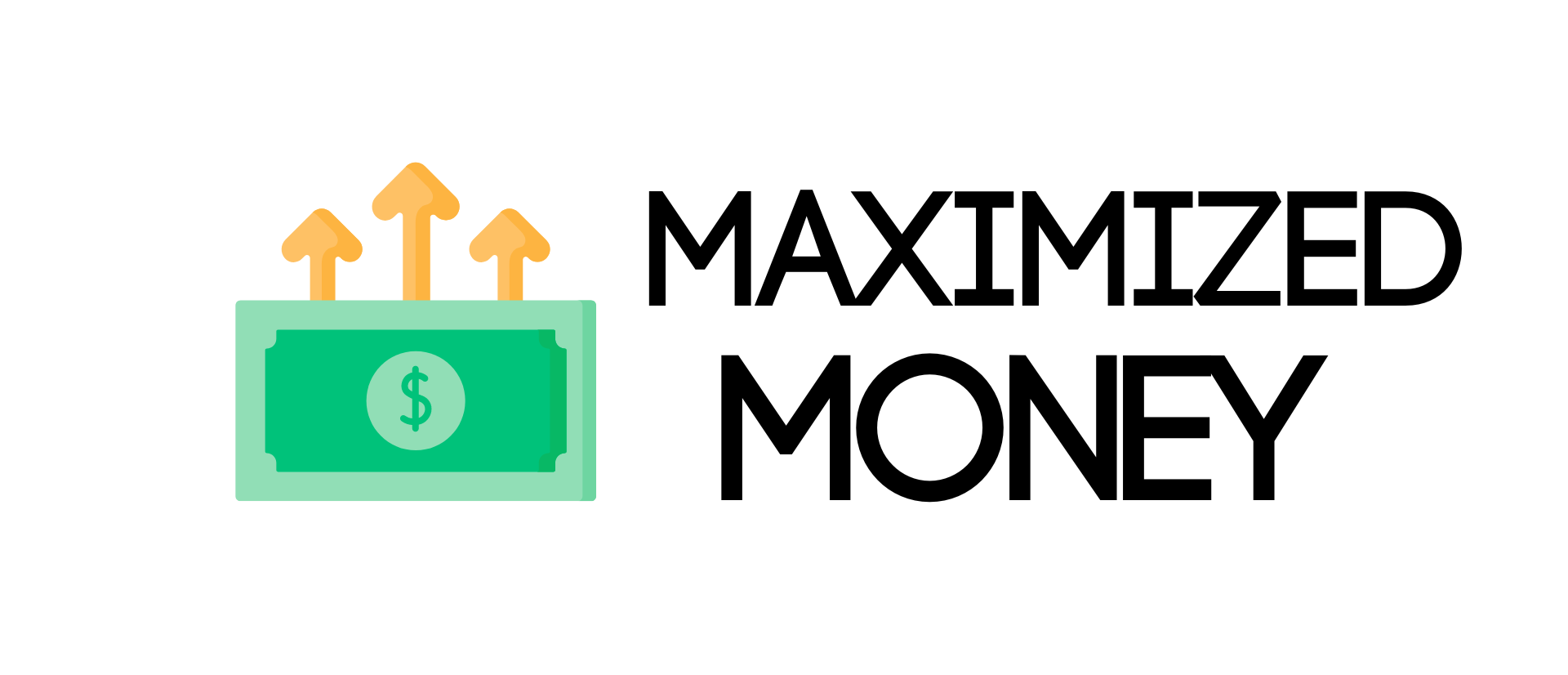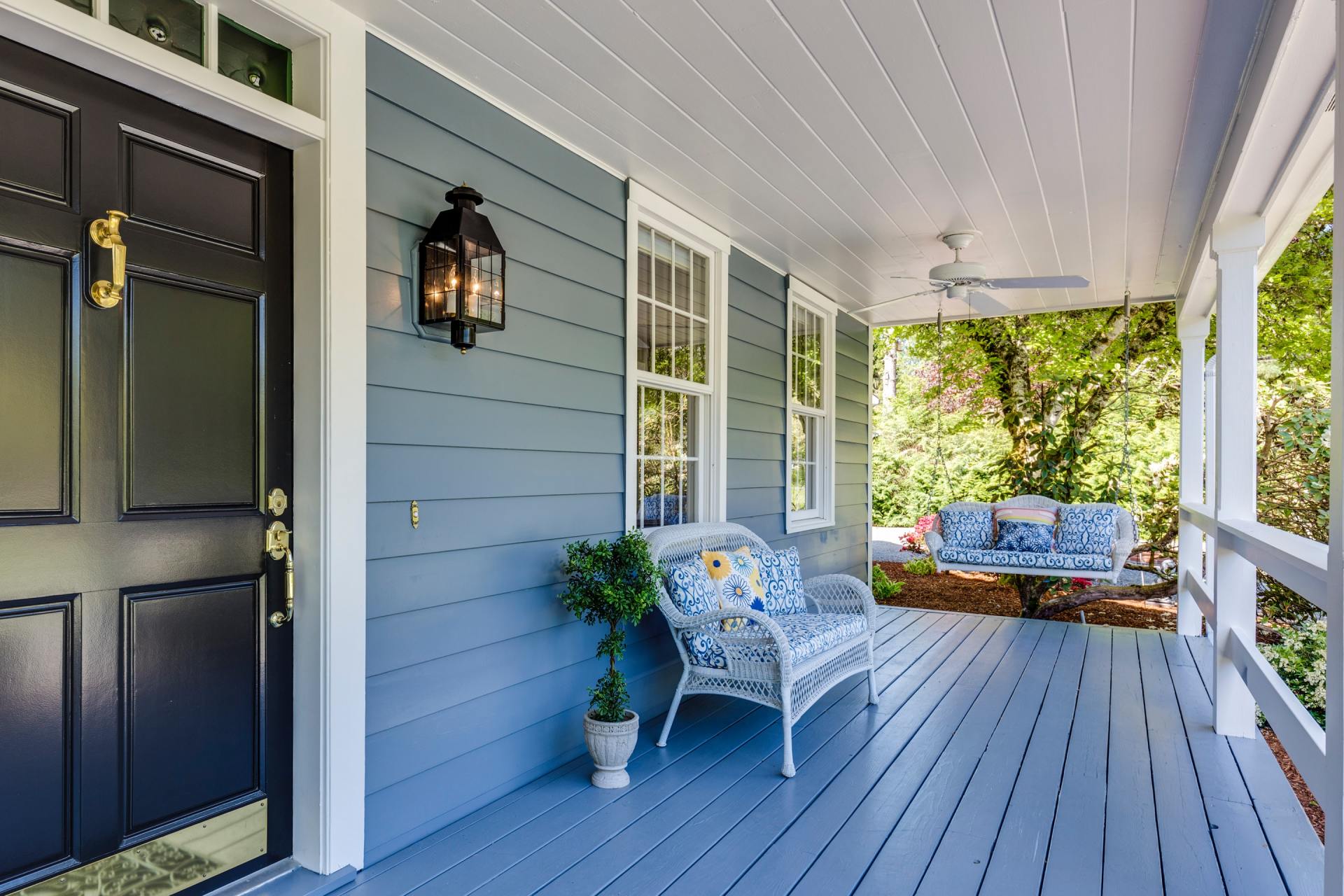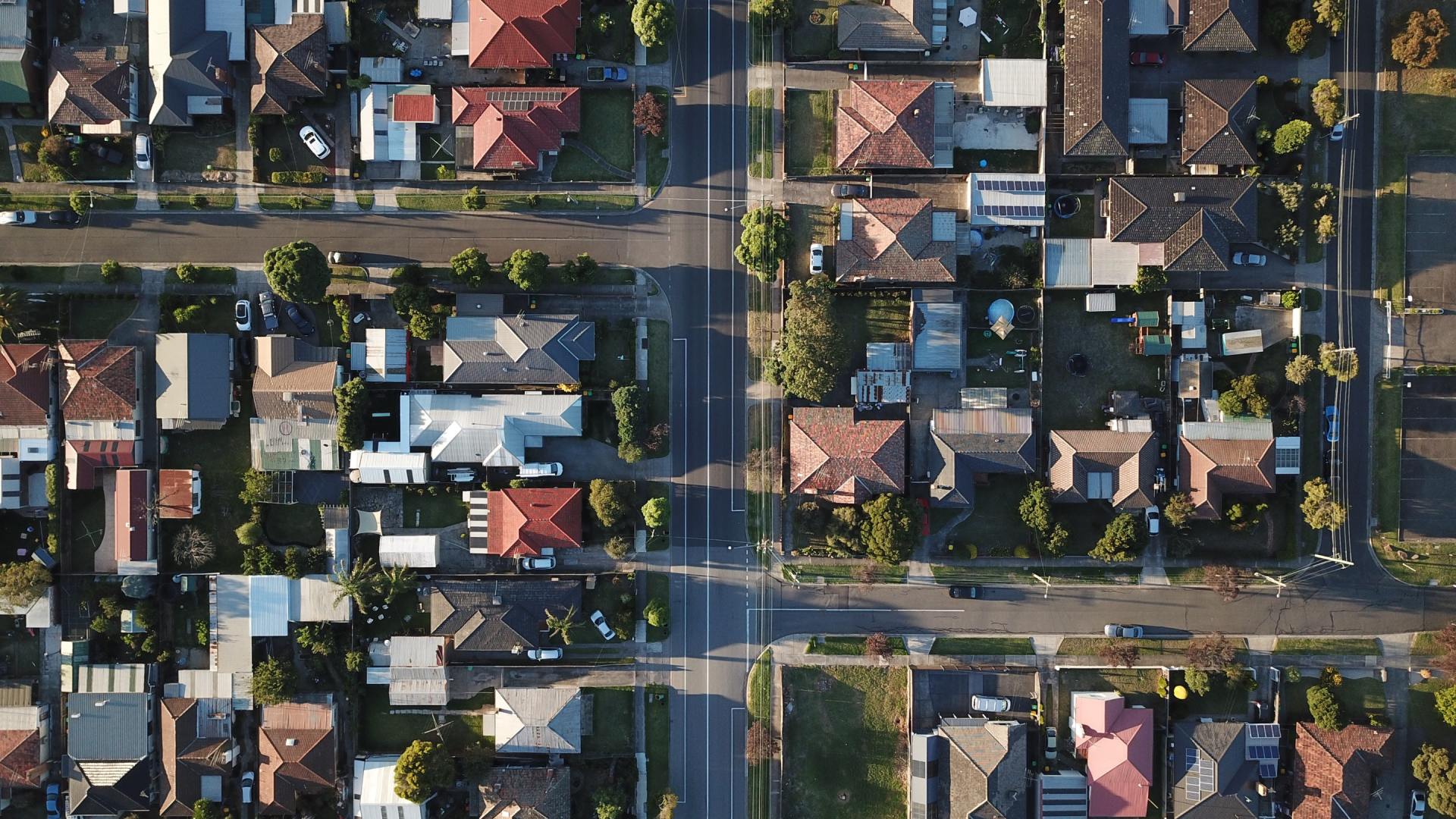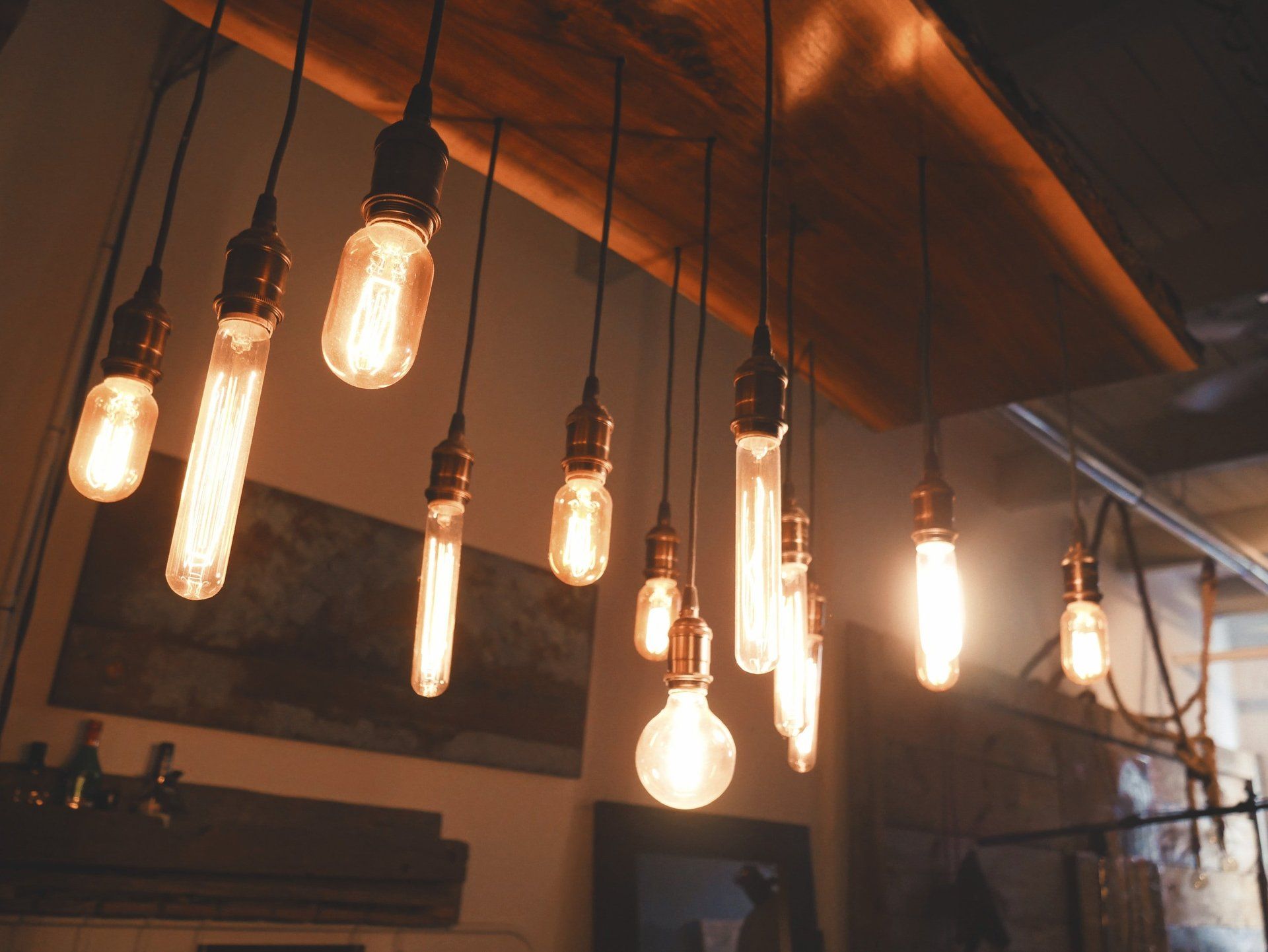3 Home Loans To Consider For Your First Property
3 Home Loans To Consider For Your First Property
There is a lot of chatter online about home buying and I love it! This signifies to me that people are interested in building wealth through real estate and that’s where I come in.
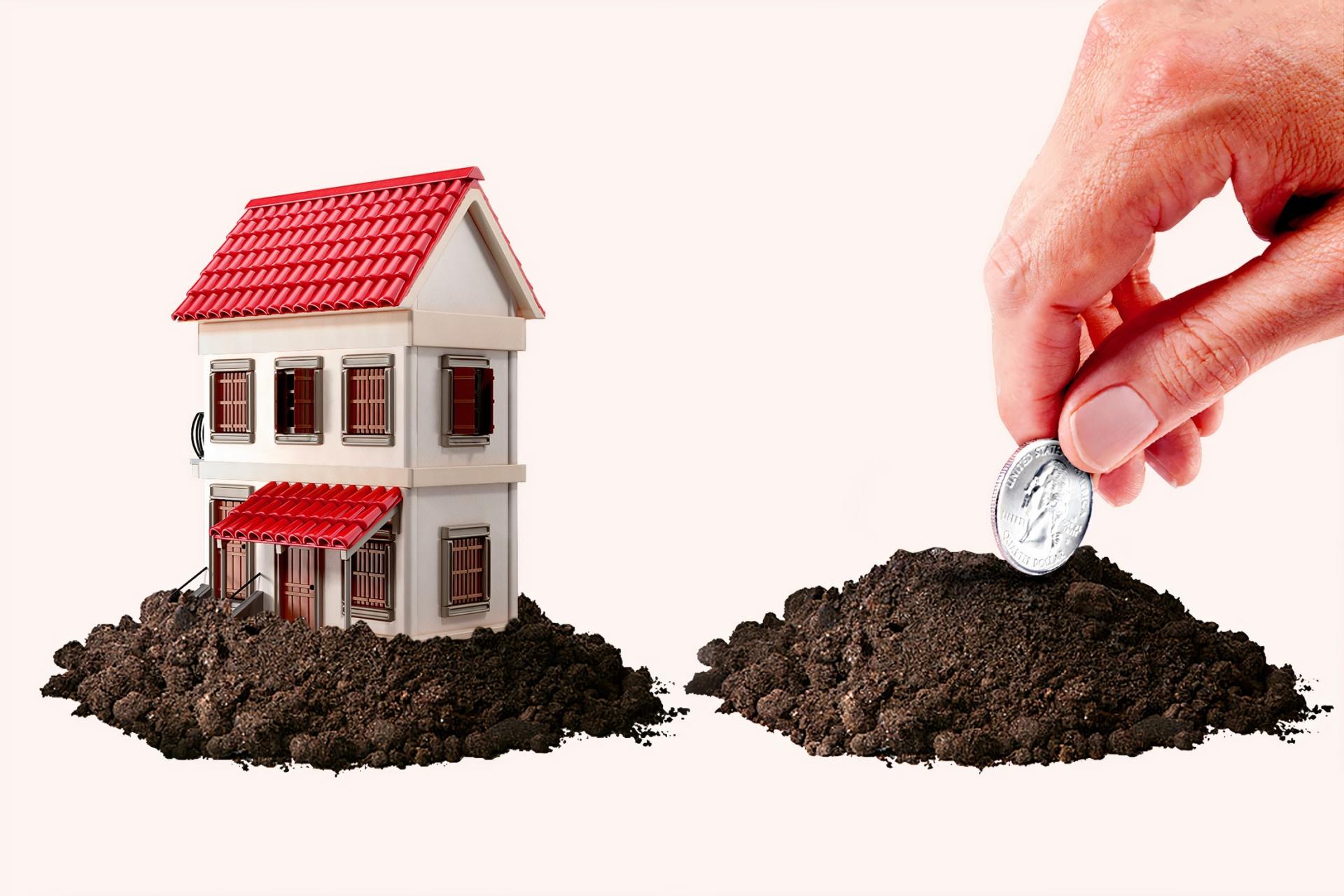
Slide title
Write your caption hereButton
The reality is, most people will utilize financing to purchase their homes - which means that loans will more than likely be what you used to purchase. Not many have 200,000+ to purchase and that’s okay because your home is an investment. And if you manage it right, it will provide you with a strong return on investment.
One of the biggest challenges that my followers share with me is centered around finances. They want to know how much they should save for a down payment and ultimately, that will be impacted by which home loan you decide to go with.
Keep reading to learn more about the top 3 loan types around as well as the pros and cons of each.
What is the FHA loan and who is it best for?
Federal Housing Administration (FHA) loans have been around since 1934 but officially became affiliated with the U.S. Department of Housing and Urban Development in 1965. This mortgage loan was created to help homebuyers with lower credit scores and lower income to spend. In fact, most homebuyers today can put down as little as 3.5% for their down payments if their financial report card is in good standing. That downpayment can come from grants via state/country programs, gifts from family members and/or your savings. If you are a first-time homebuyer though, I urge you to look at first-time homebuyer programs in your state, county and city. A lot of them offer down payment assistance and some of it you won’t have to pay back.
It’s also important to note that there are various mortgage options under FHA such as FHA 203(K) and Energy Efficient Mortgage Program. However, we will focus on the traditional option that is reserved for those who will occupy their residence.
What are the advantages of the FHA loan?
The FHA loan has many benefits. The main one is the down payment amount. Before the FHA, you didn’t have the opportunity to put down as little as 3.5% on your future home. This helps to level the playing field and allow more people to purchase their homes.
Another huge benefit of the FHA is the minimum credit score. Before 2020, the required score was 580 but I have been reading reports around it increasing soon. This opens the door for those who may not have their ideal credit score yet, but they have moderate scores that they are constantly improving.
Lastly, FHA borrowers have the most flexibility around down payment assistance. 100% of your down payment can come from family gifts and/or you have the freedom to utilize grants from local/national first-time homebuyer programs. These are designed specifically for you. So take advantage!
What are the disadvantages of the FHA loan?
While the FHA loan does offer financial benefits, there is one main drawback: private mortgage insurance (PMI). FHA loans aren’t technically given from the Federal Housing Administration, which means that they are not the ones lending you the money. They actually keep a list of approved lenders (think banks for example). This is where private mortgage insurance comes into play.
Your private mortgage insurance is paid directly to FHA and provides your lender with a sense of peace, knowing that the FHA will pay the lender if you default on the loan.
Also, you cannot utilize the FHA loan as an investment property. You must live in the home and it must be your primary residence.
What is the conventional loan and who is it best for?
The conventional is not backed or secured by the government. They are actually available through various sources such as private lenders, credit unions, mortgage companies and more. These are investor-friendly loans that can be utilized for primary and secondary homes. Lenders also have tighter regulations for lenders, such as ensuring that they can handle not only the down payment (without assistance) but also that they can comfortably handle other closing costs such as loan origination fees, broker fees etc.
What are the advantages of the conventional loan?
The main benefit is that there is no private mortgage insurance. This is not to be confused with homeowners insurance, which is required for everyone. This is only applicable if you put down 20% for your down payment. Anything less than 20% will require private mortgage insurance.
Furthermore, conventional loans typically have a fixed interest rate, which means that it will not change over the course of the loan. This provides a sense of peace to the borrower so that you know what is coming month after month.
What are the disadvantages of the conventional loan?
There are more strict lending requirements for the conventional loan. A few things that you’ll have to provide upfront, besides downpayment and closing costs, are proof income, assets, employment verification and more. FHA requires this as well but the guidelines differ slightly.
Lastly, interest rates tend to be higher on conventional loans but this can technically be a pro since it is fixed.
What is the VA loan and who is it best for?
The VA loan is like the creme de la creme. It’s amazing in my opinion! VA loans are backed by the U.S. Department of Veteran Affairs and reserved exclusively for veterans and military family members. Some lenders require a minimum credit score, but a lot of them actually don’t. This is at the discretion of the lender. However, VA loans offer better terms than with a traditional loan from a private bank, mortgage company, or credit union. According to the
VA website, nearly 90% of VA-backed loans are made with no down payment.
What are the advantages of the VA loan?
The biggest benefit of VA loans is that there is no downpayment. Like wow! However, this is only applicable if the sales price is at or lower than the home’s appraised value (which an appraiser will confirm).
Furthermore, there is no private mortgage insurance (PMI) or mortgage insurance premiums (MIP), which saves you money.
What are the disadvantages of the VA loan?
I honestly don’t know of any besides the strenuous process of completing the process. The VA requires you to get a certificate of eligibility and utilize their resources (approved realtors, lenders etc.). This can make the process longer, but to me, it’s worth it. Take a listen to
Episode 12 where Latoria (a veteran) details her experience of using the VA loan to purchase her first home.
The bottom line:
Your home is an investment, whether it’s a primary residence or not. So don’t skip or try to be cheap with these fees. They can hurt you in the long run. If you want to learn more about how to prepare your finances for homeownership, join my free Homebuyer Goals Challenge. In 7 days, you’ll have a clear understanding of what your finances need to look like prior to your home purchase.
Which loan do you think is best for you? Comment below with your thoughts and questions!
CONTACT ME
Thank you for contacting me!
I will get back to you as soon as possible.
Please try again later.
Get one step closer to financial freedom!
Join the Maximized Money gang (MMG), where I regularly send tips, news, and lessons from my financial journey to your email.
Thank you!
You have successfully joined the MMG. It's lit! Check your email inbox.
Ps. Are we connected on social media?
